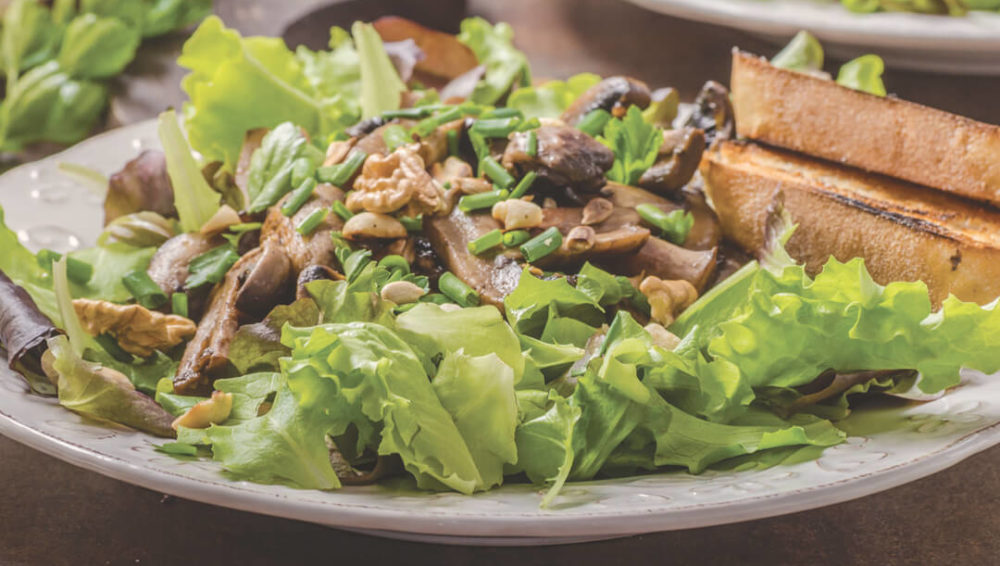How does iron help during pregnancy?
Nutrition

From producing red blood cells and muscle cells to ridding the body of carbon dioxide — iron is incredibly important in everyday bodily functioning.
The American College of Obstetricians and Gynecologists recommends a daily intake of 30 mg/day for pregnant women.
How does it help?
The main function of iron is to help form healthy red blood cells that distribute oxygen across the body. When you’re pregnant, your blood volume will increase by as much as 50%. This means that you need to take more iron so as to produce a sufficient amount of red blood cells. Your Child depends on your nutrients, including iron, which the little one needs for red blood cell formation. Iron is also important in the production of myoglobin, the protein that delivers oxygen to the muscles. Lack of iron in pregnancy is associated with low birth weight, premature birth, and heart problems, so it’s important to consume enough.
What are good sources of iron?
Spinach: You can get a good chunk of the daily recommended amount from one cup of cooked spinach, which contains about 6.5 mg of iron.
Iron-fortified cereal: Cereals contain very good amounts of iron. However, not all cereals are iron-fortified, so it’s important to make sure you choose one that is rich in iron.
Beans: Many beans have very high iron content. Beans are a good source of iron (and protein), especially for vegetarians who may be finding it difficult to get their daily suggested amount otherwise.
Red meat: Red meat is very high in iron content. But the benefits of the iron in red meat must be weighed against red meat’s not-so-healthful aspects before deciding on filet mignon as your go-to iron choice during pregnancy.
Should I take an iron supplement?
According to the experts in disease control from the CDC, you should start taking a low-dose iron supplement (30 mg a day) from your first prenatal appointment. Your doctor may recommend an iron supplement, although, in most cases, enough iron will be included in your prenatal vitamins.
Noted that constipation is a commonly reported side effect of iron supplements. By taking more fiber (whole grain bread, cereals, fruits, and vegetables), increasing your fluid intake, and moderately increasing exercise, you can prevent constipation.
Verified:
Dr. Wanwadee Sapmee Panyakat (OB-GYN), license no. 41208 (7 May 2019)



